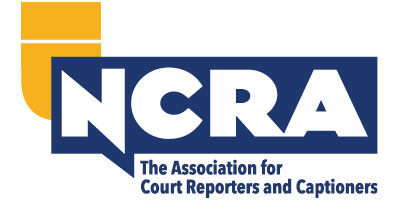When it comes to deposition reporting, there are two equally important roles. One is of the deposition reporter and the other is the deposition interpreter. Each of these parties share responsibilities to ensure that the deposition is successful. However, it is essential to remember the differences between how each of these professionals carries out their role.
A Look at the Interpreter’s Role
As the name suggests, a deposition interpreter in San Francisco is responsible for the interpretation of languages. A deposition is a proceeding that requires clear, intelligible communication. This cannot happen when one of the parties, or a witness, cannot communicate effectively in English. To compensate, interpreters of the speaker’s native language are brought in to translate a speaker’s statement. These interpreters assist the deposition reporter in safeguarding the accuracy of the transcript. In this sense, they are a necessary component of any deposition that involves a foreign language.

Not just anyone can perform the role of a deposition interpreter in San Francisco. These interpreters are specially trained to work in the context of a legal proceeding. They also must be experts concerning the intricacies of the language they work with. Interpreters must translate a person’s statements with complete accuracy. This includes providing the correct usage of highly technical terms. They must also remain impartial. In the end, the interpreter’s verbal translation will become part of the official report for the case, just as if the witness had said it.
Deposition interpreters play a crucial role in culturally diverse states, such as California. In such an environment, it is not uncommon to have witnesses or parties from a wide range of cultural backgrounds. You can find a deposition interpreter in San Francisco to interpret for several different languages. Some of the more common ones include Korean, Vietnamese, Chinese, Tagalog, and Spanish. To put it simply, these interpreters are necessary in today’s world of accurate court reporting.
The Role of the Deposition Reporter
Court reporters report the spoken statements that occur during a legal proceeding. They are required to report this information verbatim in a fast-moving environment. To do this, court reporters are trained to use a stenograph machine which allows them to report words in shorthand. Although shorthand is used, reporters are still expected to report speech at a rate of over 225 wpm. It takes years of training, study, and experience to be a successful court reporter.

Interestingly, reporting is not a court reporter’s only role. These professionals often provide essential legal support to any given proceeding. They may have to interrupt the proceedings to request a clarification. They may also be called upon to read back important sections of a hearing. Furthermore, the reporter is solely responsible for preparing the final copy of the transcript, which can be used in future proceedings. People in the legal field know that without court stenographers, the legal system would come to a halt.
Reconciling the Differences
In the end, both groups of professionals provide essential services to the legal system. At the end of the day, their goal is the same: to create the most accurate record possible. How each one approaches this challenge is different, but they both help preserve justice.
For assistance in scheduling a court reporter or a deposition interpreter, contact Combs Reporting. Combs is prepared to provide high-quality services for all types of legal matters.






Leave A Comment